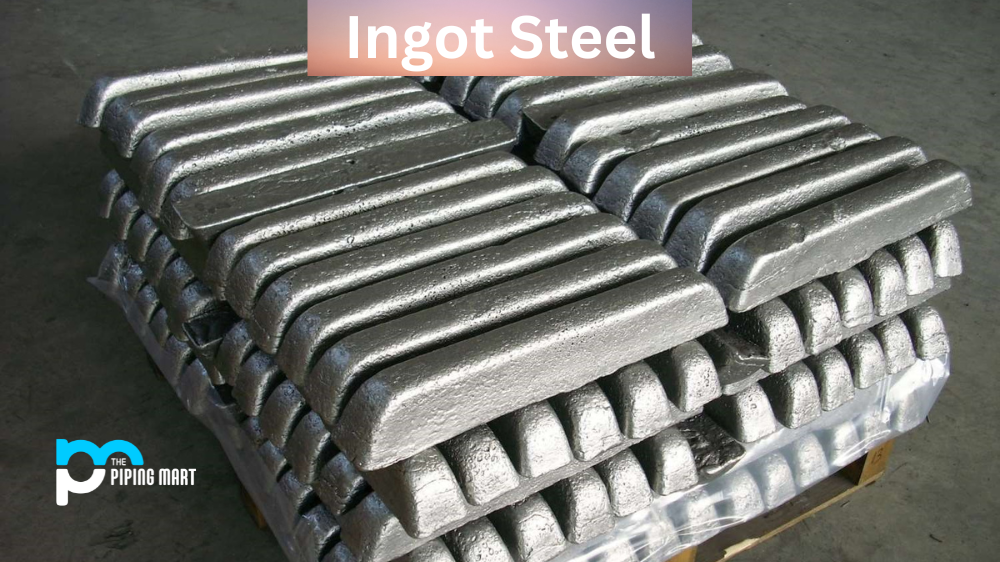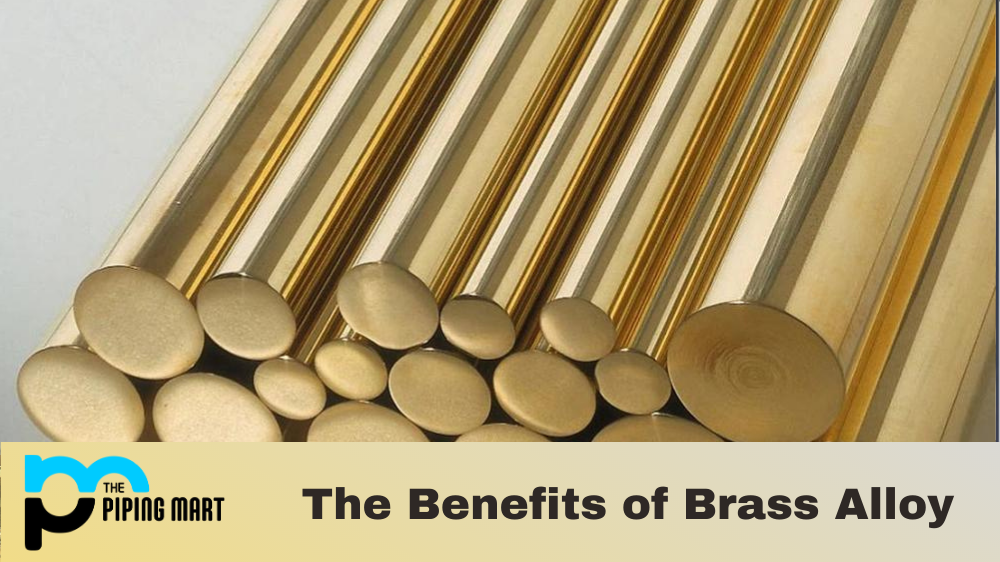Ingot steel is an incredibly versatile material and one that has been used across industries for centuries. Today, it’s often used to make tools, parts, and components for a variety of machines and products. In this post, we’ll take a look at what ingot steel is, how it’s used, and its properties and composition.
What is Ingot Steel?
Ingot steel is a type of carbon steel that’s made from low-carbon iron ore mixed with other elements like silicon, manganese, chromium, nickel, vanadium, molybdenum, or tungsten. The mixture of ingredients creates a strong metal alloy with the desired properties for whatever product it will be used in. Ingot steel is then melted in an electric furnace at 1,500 to 2200 degrees Celsius (2700 to 4000 degrees Fahrenheit). Once the metal has cooled off and set into a shape, it can be machined or forged into the desired shape.
Ingot Steel Uses
Ingot steel is highly sought after by many industries because it offers greater strength than regular iron or steel alloys. Its high strength makes it ideal for making tools such as saw blades, drill bits and taps, as well as for car parts such as crankshafts and gearboxes. It can also be used to create products such as valves which require precision machining due to their complex shapes and small sizes. Additionally, ingot steel is often found in construction materials such as reinforcing bars and structural beams because of its durability when exposed to extreme weather conditions or heavy loads.
Properties & Composition
The main property that makes ingot steel so desirable is its strength; it has a very high tensile strength which makes it extremely difficult to break even under large amounts of strain or pressure. This property also helps ensure that the end product will last longer, even when exposed to harsh environments or when subjected to frequent use. It also has good resistance against corrosion thanks to its high chromium content, which helps keep the rust away even when exposed to moisture over long periods of time. Lastly, ingot steel has excellent wear resistance capabilities due to its silicon content which helps keep the surface smooth even after prolonged use or exposure to abrasives such as sandpaper or grit blasting media.
Ingot Steel History
The history of ingot steel dates back to the early 1800s when it was first used to create railroad tracks. Since then, it has been used for a variety of applications, including the construction of buildings and bridges, the manufacturing of vehicles and machinery, and the production of tools and other objects.
Ingot Steel Properties
Ingot steel is known for its high strength and durability. It is also resistant to corrosion and has a high resistance to wear and tear. Additionally, ingot steel is non-magnetic and has a low thermal conductivity.
Ingot Steel Types
There are several different types of ingot steel, each with its own set of properties and applications. The most common type of ingot steel is carbon steel, which contains between 0.6% and 2% carbon. Other types of ingot steel include alloy steel, tool steel, stainless steel, and electrical steel.
Ingot Steel Applications
Ingot steel can be used for a variety of applications due to its high strength and durability. Some common applications include the construction of buildings and bridges, the manufacturing of vehicles and machinery, the production of tools, and the creation of objects such as coins or jewelry
Conclusion:
Ingot steel is an incredibly valuable material with many uses across multiple industries due to its high strength and excellent resistance properties against corrosion and wear. Its composition allows for precision machining into complex shapes while still maintaining durability under various environmental conditions or heavy loads, making it perfect for car parts, tools, construction materials and more! If you are looking for a reliable material for your project, consider using ingot steel – you won’t regret it!

Pipingmart is a B2B portal that specializes in metal, industrial and piping items. Additionally, we share the latest information and information about materials, products and various types of grades to assist businesses that are involved in this business.




